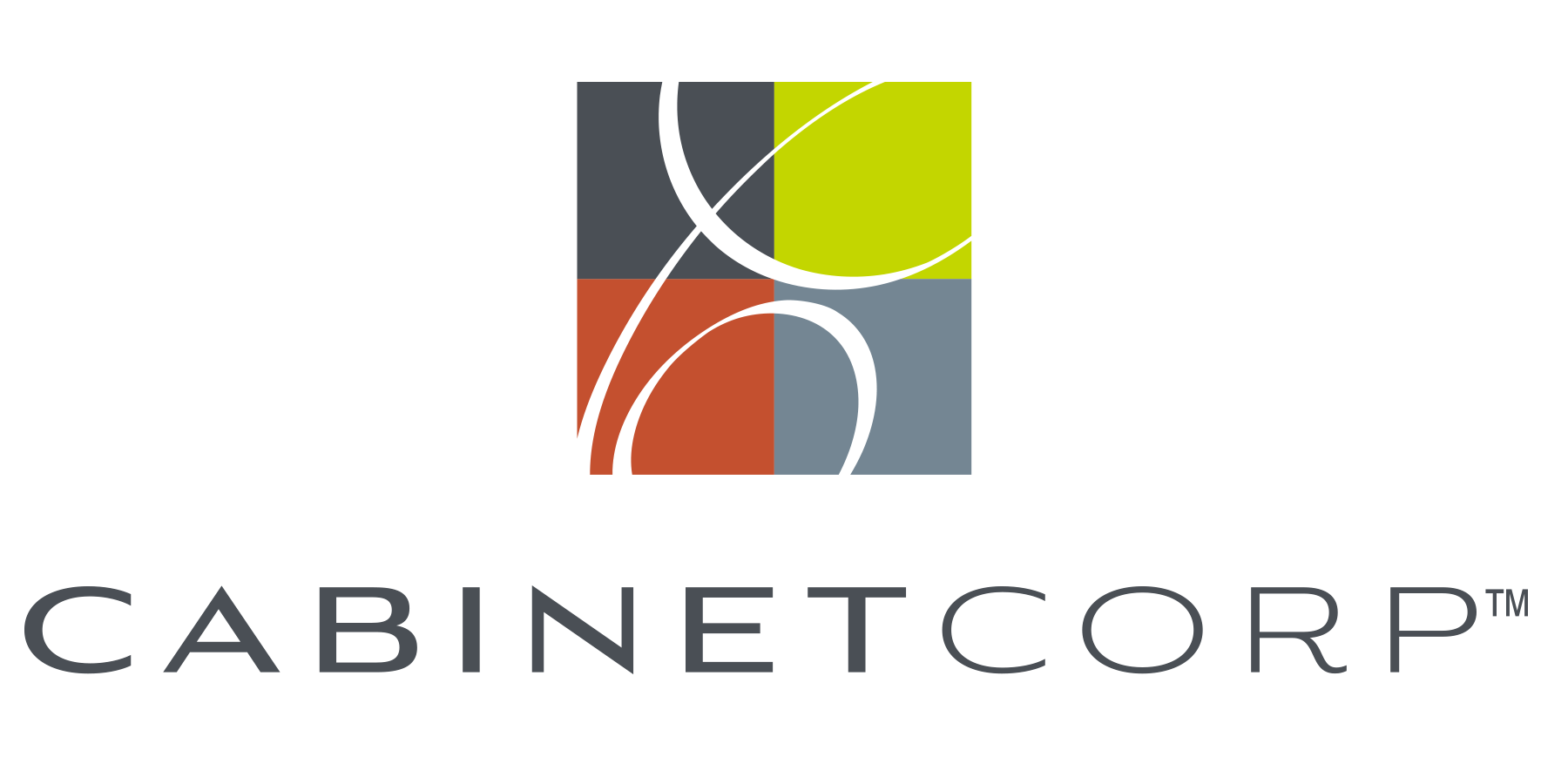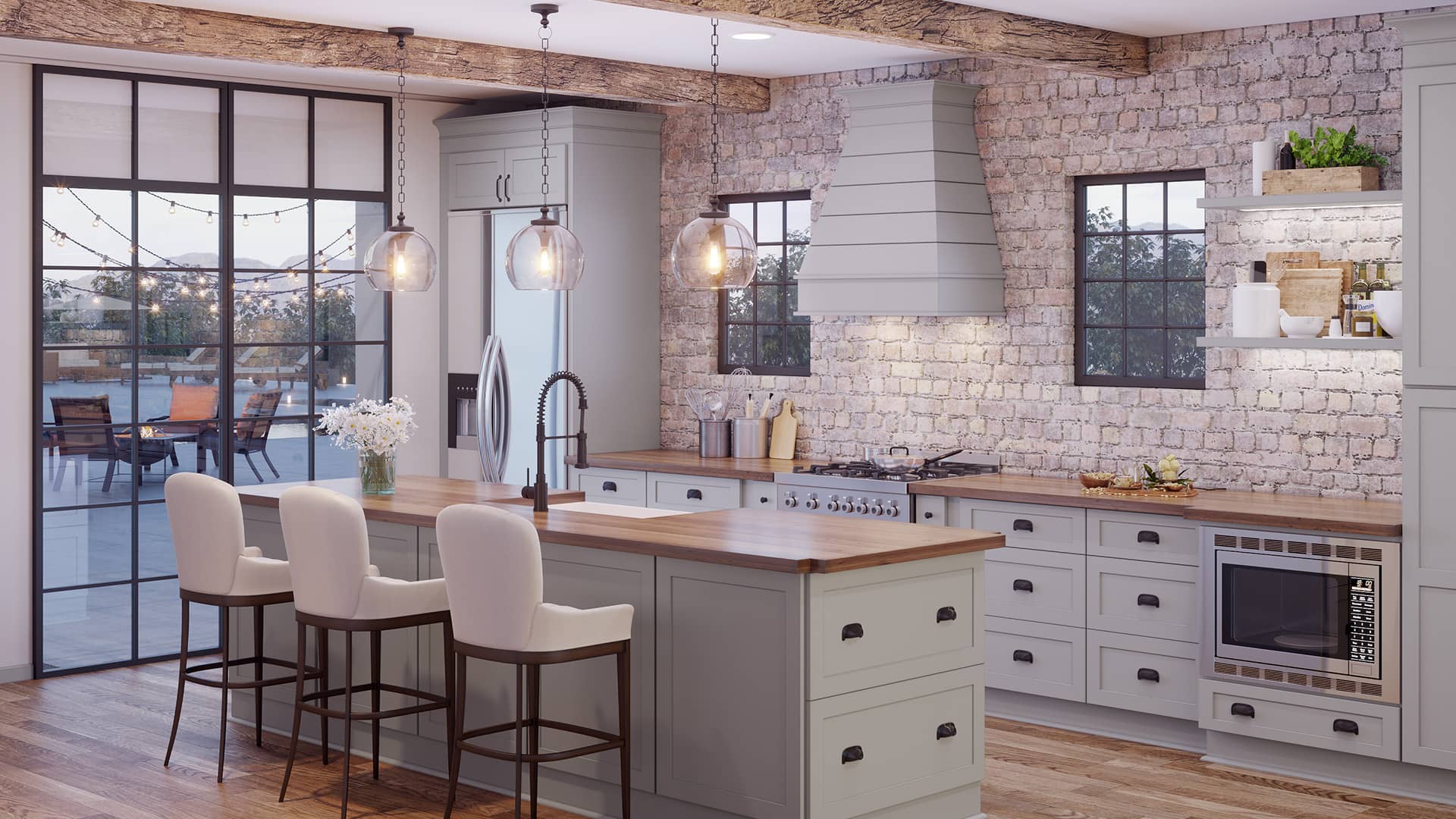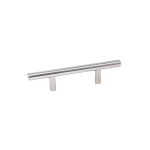For everyone, buying their first home is a big deal and most of us spend more time dreaming about our home than putting in the effort to strike a great deal. When we don’t put in enough groundwork, the chances of slip-ups or missing out on an important detail are very high and can cost us dearly. So before locking in on a home, it’s important to look at the following things so that you can make wiser choices.
It’s time to stop paying the rent and finally make that big decision to invest in a new home. While this is a great investment for your family, are you spending a lot of time thinking about what kind of home you want rather than looking at your finances and being realistic about what you can afford? Take a look at the following tips to see what you are probably going to save if you can avoid these common mistakes people make on their mortgages.
DREAMING OUT LOUD
Of course, we all want that lovely Renaissance-style condo or that town home that has some Spanish accents to it. Yes, a modern loft with a walk-in wardrobe would be nice too. But are you getting a little ahead of yourself here? What about your finances? It’s important to take stock of a situation before diving head-first into it. Look at your finances and start talking to real-estate agents 2-3 months before you start looking for a home. Talk to lenders too and seen what can help bring down your interest rate.
If you have some time between an offer and figuring out the logistics, then making the big decisions won’t be so hard or stressful. It’s our tendency to get carried away in the last minute and offer a higher bid because we’re probably pretty enamoured by the home that we’re bidding on.
CHECK YOUR CREDIT SCORE
Another part of preparing in advance is checking your credit score and seeing what can be done to it before you decide to buy a home. Look at your credit report at least 6 months before you start looking for or locking down a place. This will give you time to set right or correct anything that needs to be changed. Any company is entitled to give you one free credit report in a year.
Then check your credit score and see how you fare. If it doesn’t fall in the ‘favourable’ category, do whatever needs to be done to improve it. Get your credit score in shape before approaching lenders.
COMPARE AND CONTRAST
When you’re making a decision as big as this, don’t just look at the details that the lenders want you to look at, but also see the bigger picture. This is very true about loans. When looking at them, compare different loans and see what you can afford, and by that, don’t just look at the interest rates but also cost of fees.
Often, buyers make the mistake of being attracted by low interest rates only to find later on that they have to pay a large sum as fees. Figure out the APR or Annual Percentage Rate, and the ‘loan estimate’ which not just has the interest rate but also includes fees, closing costs and any other charges that you may have to pay. Only then weigh your options and choose the best out of them.
DON’T GIVE UP YOUR LIFESTYLE
Often, buyers make the decision to pay a premium so high that the only way they can afford it is by cutting back on their disposable income. This is not just because of buyers but because lenders don’t take that ‘budget’ into account when they design a mortgage for you. If you’re not the type that heads out a lot or likes to eat out, then great, you can go ahead and sort your plan out.
But plenty of people are those that like to shop, or work out in a gym everyday or even just go out for an occasional beer or a glass of wine. Why change these things for the next 20 years because of a huge loan? Make sure you know how much you can pay, keeping in mind the things you want to spend on otherwise, before making the decision.
LOOK BEFORE YOU LEAP
Lenders will always make their offers look great. They often use advertising hooks, promising to save you money or pay for something that other lenders don’t. First up, don’t fall for this age-old trick. It’s not true. If you’re not paying a fee upfront, remember that you’re probably paying for it through your interest rate. Look for trusted sources and any place that you can get reliable reviews. For the rest, just block out the noise.
Also remember to scan the paperwork properly because this can save you thousands of dollars in the long run. Yes, it all sees too daunting but this is your house and your money, so you’ll have to try and do the best you can to save them both. The things you look for importantly are: APR, interest rate, monthly payments, terms of the loan, total cost and closing costs.
See if they sound alright or if something’s wrong, check with your lender immediately. The closing document will usually be given to you about 3 days before you close in on the deal. And the difference between the initial and closing documents are that you will see the final prices. If they aren’t within your first estimate, question the lender. Always be comfortable and in the know of what you are paying for before you write that cheque.
IT’S TIME TO SPEAK UP
Buying a home is a pretty big and hard decision to take so it’s up to you to protect that decision and make sure you get the best deal out of it. So never fear to speak your mind when you find something amiss with your loan or if something about the deal is bothering you. It is your money, after all and at the end of the day, you should know where it’s going and how it will benefit you and your home.



























































